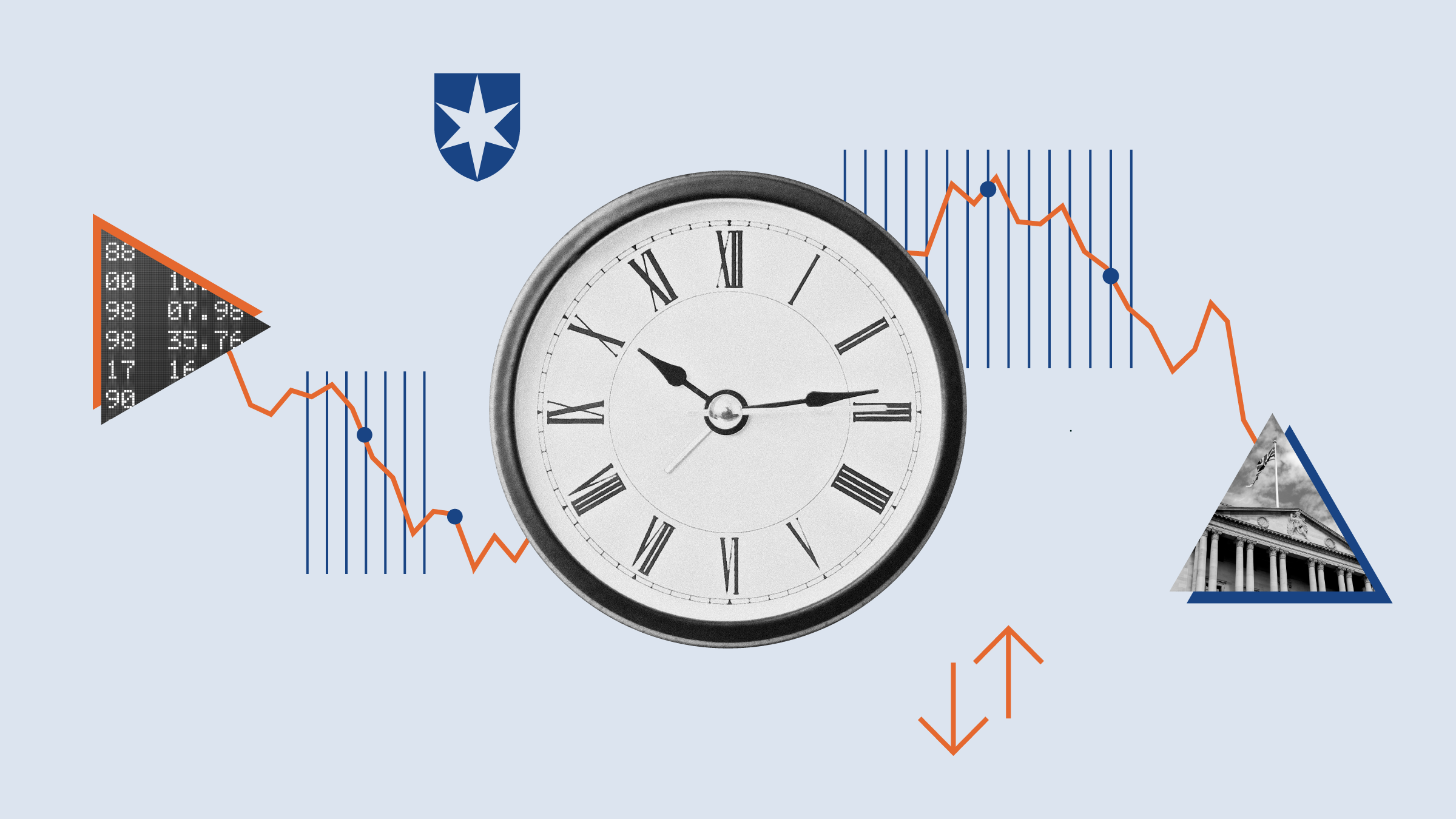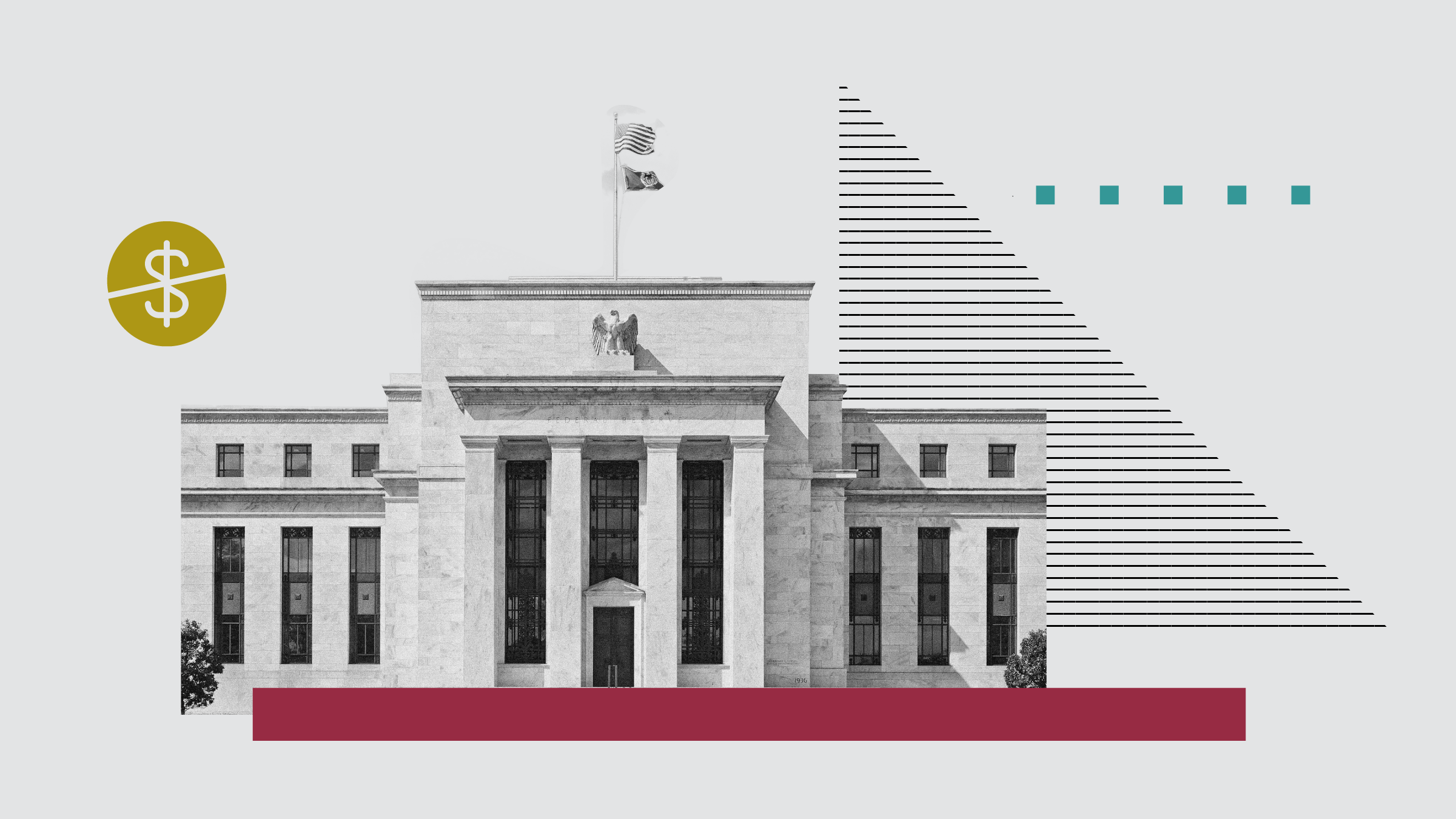What is it about plastic products designer and maker RPC (RPC) that each excellent update is greeted with a fall in the share price? This is at least the third time in a row it has happened and I’m completely baffled.

Sharp share movements present buying and selling opportunities

I just wonder if all the publicity about plastic contaminating the ocean has somehow befuddled a few minds. Revenue in the six months to 30 September was up 53% and while some of that came from acquisitions and currency translation there was organic growth, hence a 58% increase in operating profits.
Strong cash generation means the dividend can be increased for the 25th consecutive year. Some investors were worried about the acquisition programme but these buys are fitting in well and RPC has diversified beyond Europe, which means it is not so vulnerable to any potential fall-out from Brexit.
Those who bemoan the amount of plastic packaging used in supermarkets, print media and a host of other areas in our daily lives will not be surprised to hear that plastic is forecast to outgrow other forms of packaging over the next five years. The surprise is that growth is expected to be only 3.7% a year.
All this plethora of positive information was greeted with a heavy fall in the share price. I was too nervous to buy the first time this phenomenon happened earlier in the year but acted quickly when there was a repeat in June and was soon well ahead as the shares recovered.
I took the opportunity to top up this week when history repeated itself and was rewarded the next morning when the shares recovered 4%. Sharp share movements present buying and selling opportunities. They may be a test of nerves but they are to be welcomed, not shunned.
The Worst Deal of the Century
Sir Victor Blank has been accused of dodging questions in a court hearing concerning the takeover of Halifax Bank of Scotland (HBOS), the “deal of the century” that almost destroyed Lloyds Bank (LLOY) while he was chairman. I’m amazed he answered any questions at all. I would have fled the country.
He did claim that buying the near-bankrupt HBOS made Lloyds the strongest bank in Britain, which is palpably ludicrous, but it is a stronger bank now than it was then and it is surprising that the shares consistently remain below the level at which the government was able to bail out.
There is the fear that the bank itself will be ordered to compensate the unfortunate shareholders who lost out when the share price collapsed, a bill that should rightly fall on those responsible like Blank. But there were plenty of warning signs that those shareholders should have taken note of. They should not blame others for their own blind stupidity.
I am overweight in Lloyds shares and I rate them a buy at anything less than 70p. Royal Bank of Scotland (RBS), meanwhile, continues to struggle and proposes to close a quarter of its branches. Its shares have gained 35% over the past year, even as the government comes to close to admitting defeat in its aim to sell its 72% stake at a profit. When it starts to sell for whatever it can get, this could be a case of death after life.
Slow Death or Temporary Blip?
Among sectors dying a slow death in the technological revolution is print media. Daily Mail & General Trust (DMGT) reported a 13% fall in sales in the year to 30 September and a 13% drop in pre-tax profits. Even the free Metro newspaper saw a sharp fall in profits.
The shares lost almost a quarter of their value on the news. They have not hit the bottom yet, so it is not too late to get out. This is also a warning to shareholders elsewhere in the sector.
Rodney Hobson is a long-term investor commenting on his own portfolio; his comments are for informational purposes only and should not be construed as investment advice, nor are they the opinions of Morningstar.

























